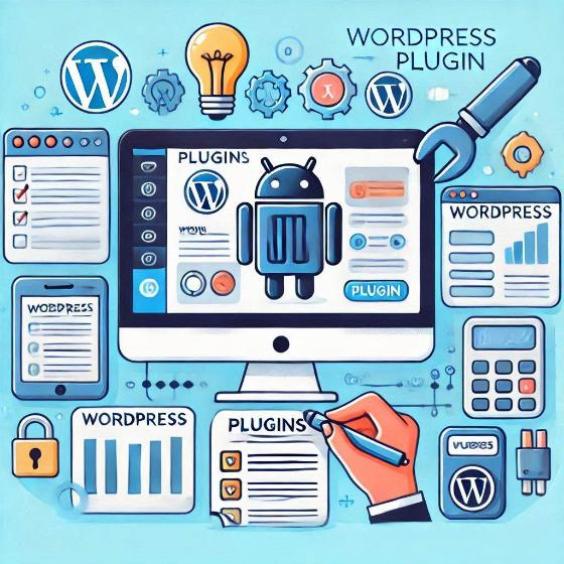Keys for Efficient Supplier Management in Small Businesses
For small businesses, the relationship with suppliers is crucial. A constant and reliable supply of products can make the difference between success and failure. Efficiently managing your suppliers not only ensures the continuity of your business, but it can also help you reduce costs and improve the quality of the products you offer. Here are some keys to achieving efficient supplier management in small businesses.

1. Supplier Selection: Evaluate Quality and Consistency The first step to efficient management is carefully selecting your suppliers. Don't just be swayed by price; evaluate the quality of the products, the consistency of deliveries, and the supplier's reputation. Conduct prior research, request references, and, if possible, ask for product samples before closing a deal. This will allow you to avoid future problems and ensure that the products meet the standards your business requires.
2. Negotiation: Seek Mutual Benefits Negotiation is an art, especially in small businesses where every cent counts. However, it's not just about getting the lowest price, but about seeking agreements that benefit both parties. Negotiate volume discounts, better payment terms, or delivery conditions that adapt to your business needs. Remember that a supplier relationship based on trust and mutual benefit is more sustainable in the long run.
3. Maintain Open and Transparent Communication Open and transparent communication with your suppliers is key to avoiding misunderstandings and resolving problems quickly. Stay in regular contact, inform them about your needs and expectations, and listen to their concerns or suggestions. A supplier who feels valued is more likely to offer you personalized service and meet your requirements more effectively.
4. Implement a Supplier Evaluation System To ensure efficient management, it's essential to periodically evaluate your suppliers' performance. Create an evaluation system that considers factors such as delivery punctuality, product quality, flexibility in the face of unexpected events, and the ability to meet established agreements. This evaluation will allow you to make informed decisions about the continuity of the relationship with each supplier and detect areas for improvement.
5. Diversify Your Supplier Base Don't put all your eggs in one basket. Depending on a single supplier for a key product can be risky, especially if a problem arises. Diversify your supplier base to reduce risks and ensure that you'll always have an alternative in case one of them can't meet their commitments. This strategy also gives you greater negotiating power and can help you find better prices or conditions.
6. Foster Long-Term Relationships Long-term relationships with reliable suppliers are a strategic advantage for any business. By building a solid and lasting relationship, you can access additional benefits such as priority in times of scarcity, improved payment terms, or customized products. Moreover, long-term suppliers tend to better understand your business needs and offer more tailored solutions.
Efficient supplier management is essential for the success of small businesses. By carefully selecting your suppliers, negotiating effectively, maintaining open communication, and evaluating their performance, you can ensure a constant and reliable supply of products. Don't underestimate the power of a good relationship with your suppliers; this can be one of the keys to differentiating yourself from the competition and ensuring the sustainability of your business in the long term.





